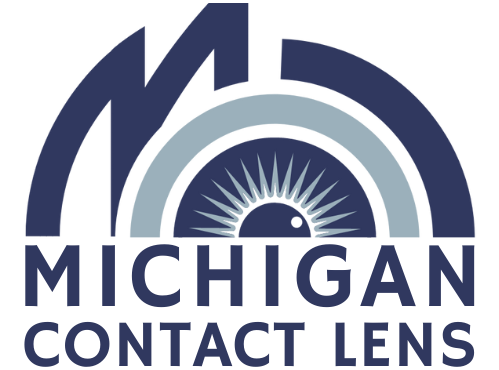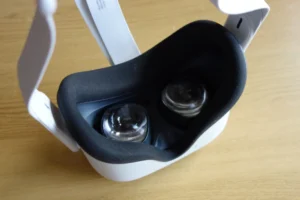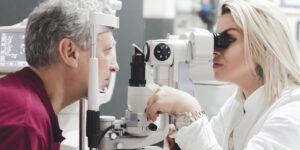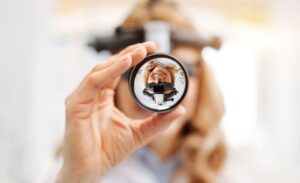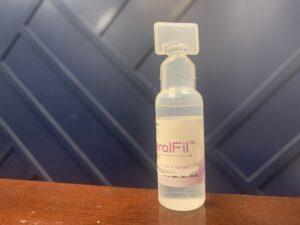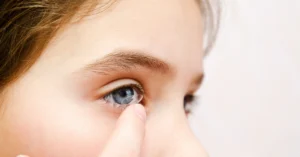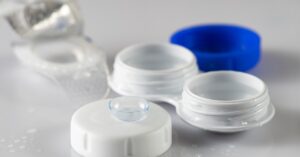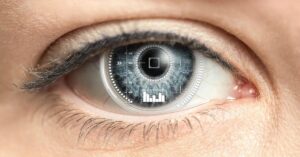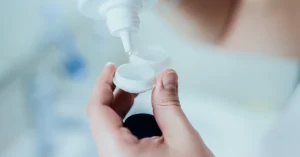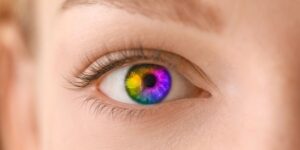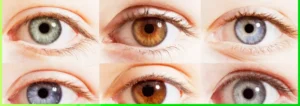Orthokeratology (Ortho-K) Contact Lenses
Have you ever heard of Ortho-k? If you haven’t, you’re not alone. Ortho-k, short for Orthokeratology, is a treatment option for correcting vision problems that many people are unaware of. In this article, we will explore what Ortho-k is, how it works, its benefits and risks, and who can benefit from this innovative treatment.
Orthokeratology is a non-surgical procedure that uses specially designed gas-permeable contact lenses to reshape the curvature of the cornea, the clear front surface of the eye. By wearing these lenses overnight, patients can experience temporary or even permanent improvement in their vision, thus eliminating the need for daytime glasses or contact lenses.
The concept of Ortho-k has been around for more than half a century, but advancements in technology and lens design have made it a more popular and viable option in recent years. It is particularly suitable for individuals with myopia (nearsightedness), hyperopia (farsightedness), or astigmatism.
How does Ortho-k work?
Ortho-k works by gently reshaping the cornea while you sleep. The specially designed contact lenses apply slight pressure to the cornea, flattening its shape. This reshaping effect allows light to properly focus on the retina, resulting in clear vision when the lenses are removed in the morning. The effect is temporary, and the cornea gradually returns to its original shape over time if the lenses are not worn consistently.
To achieve the desired effect, a comprehensive eye exam is conducted to determine the individual’s prescription and corneal curvature. Based on these measurements, custom-made lenses are fabricated to fit the specific shape of the patient’s eyes. The lenses are then worn overnight, and the reshaping process begins.
Typically, it takes a few days or weeks for patients to experience significant improvement in their vision. During this initial period, follow-up visits with the eye care professional are essential to monitor progress, make any necessary adjustments, and ensure the lenses fit comfortably and safely.
Benefits of Ortho-k:
One of the most substantial benefits of Ortho-k is the freedom from daytime glasses or contact lenses. Many patients find it incredibly convenient to wake up with clear vision without the reliance on corrective eyewear. This is particularly beneficial for individuals with active lifestyles, athletes, or those who suffer from dry eyes or allergies that make wearing contact lenses during the day problematic.
The temporary nature of the treatment is also a significant advantage. Unlike surgical options such as LASIK, Ortho-k is reversible, and the cornea gradually returns to its original shape if the lenses are discontinued. This allows for flexibility, especially for children whose eyes are still changing and growing.
Ortho-k has also shown promise in managing the progression of myopia in children. Several studies have demonstrated that Ortho-k can slow down the elongation of the eye, which is a common cause of myopia progression. By controlling the progression of myopia, Ortho-k may reduce the risk of associated eye conditions, such as retinal detachment and glaucoma, in later life.
Risks and considerations:
As with any medical procedure, it is important to be aware of the potential risks and considerations associated with Ortho-k. While the procedure is generally considered safe, there are some risks involved that should be discussed with an eye care professional.
One of the primary concerns is corneal infections, particularly if the lenses are not properly cleaned or disinfected. It is crucial to follow strict hygiene practices, including cleaning and disinfecting the lenses as instructed by the eye care professional.
Some patients may also experience mild discomfort or dryness during the initial period of wearing the lenses. This can usually be managed by using lubricating eye drops or adjusting the lens fit. It is important to communicate any discomfort or issues to your eye care professional, as they can offer guidance and make necessary adjustments.
Not everyone is a suitable candidate for Ortho-k. Factors such as the shape of the cornea, the severity of the refractive error, and the motivation to comply with the treatment are all taken into consideration. A comprehensive eye exam and consultation with an eye care professional are crucial to determine if Ortho-K is an appropriate option for an individual.
Who can benefit from Ortho-k?
Ortho-k can be particularly beneficial for individuals who:
1. Have mild to moderate myopia, hyperopia, or astigmatism.
2. Desire freedom from daytime glasses or contact lenses.
3. Have dry eyes or allergies that make wearing contact lenses during the day difficult.
4. Engage in activities (e.g., sports) that are hindered by glasses or contact lenses.
5. Want to control the progression of myopia, particularly in children.
6. Prefer a reversible alternative to surgical options like LASIK.
Ortho-k is particularly popular among children, as it offers a non-invasive alternative to traditional treatments and allows their eyes to grow naturally. It provides parents with peace of mind knowing that their child’s vision can be corrected without the need for surgery or the associated risks.
How Michigan Contact Lens Can Help:
In conclusion, Ortho-k is a non-surgical treatment option for correcting vision problems that offer impressive benefits for those seeking freedom from daytime glasses or contact lenses. Its temporary nature and potential for myopia control make it an attractive option for children and adults alike. If you are interested in exploring Ortho-k as a potential solution for your vision problems, consult with Dr. Kresch at Michigan Contact Lens to determine if you are a suitable candidate.
